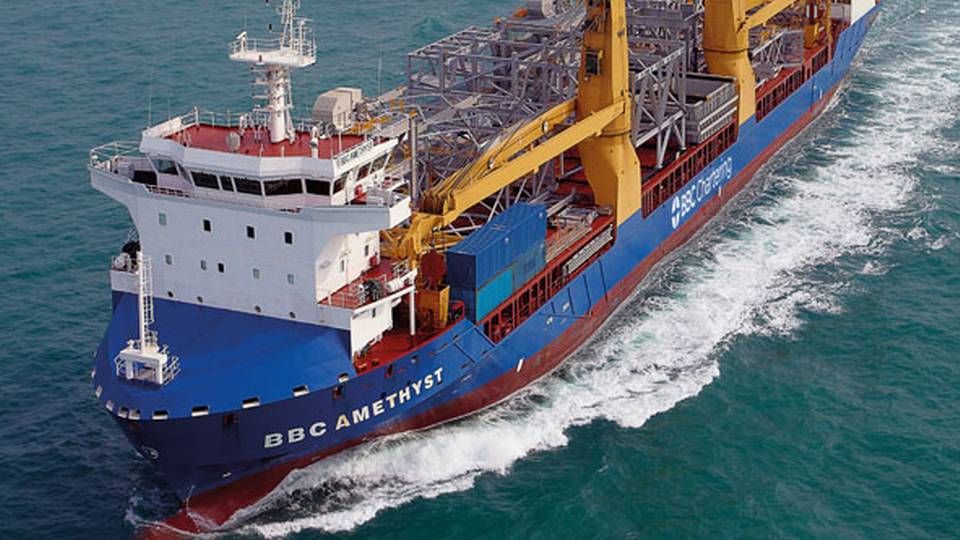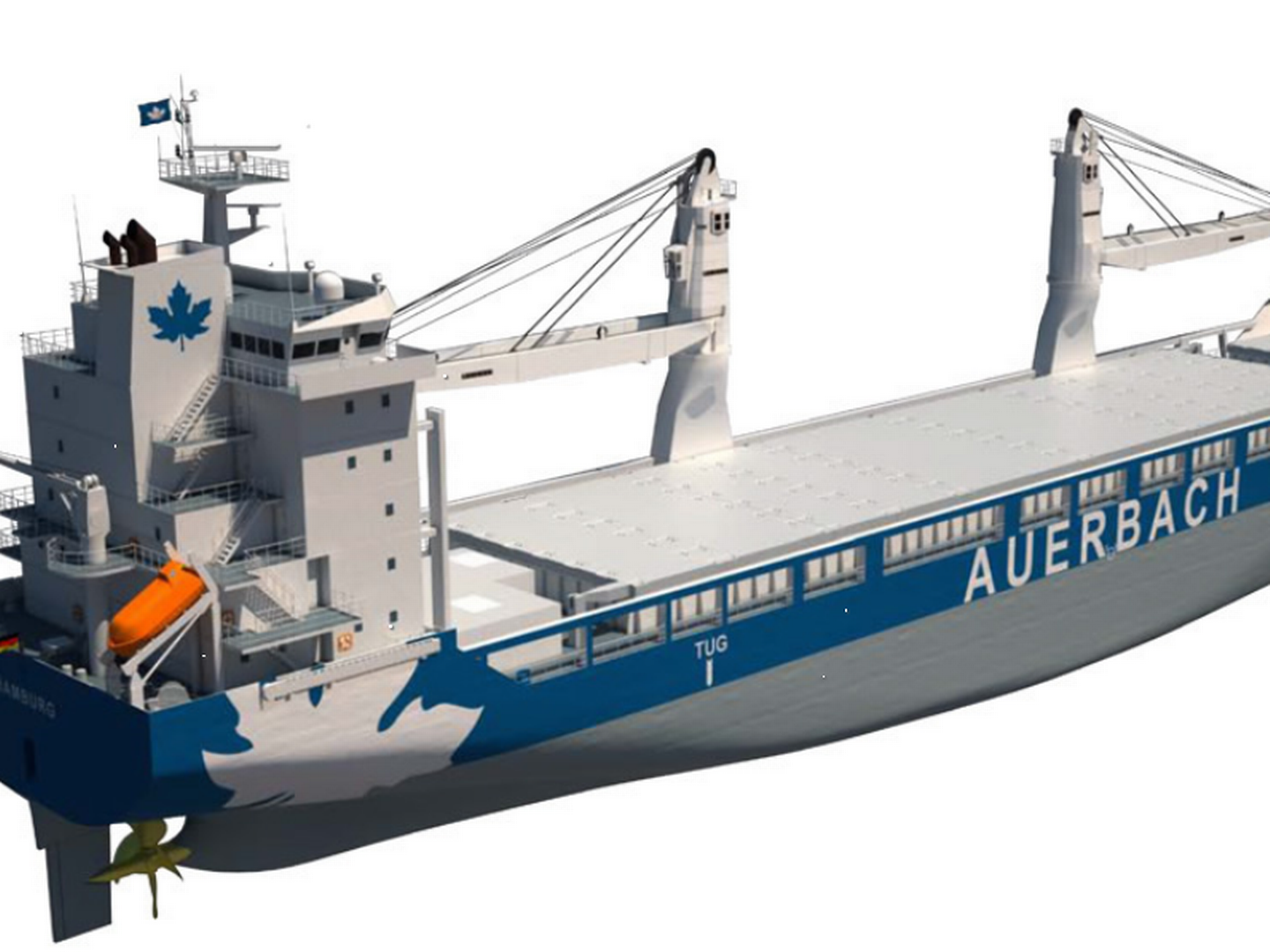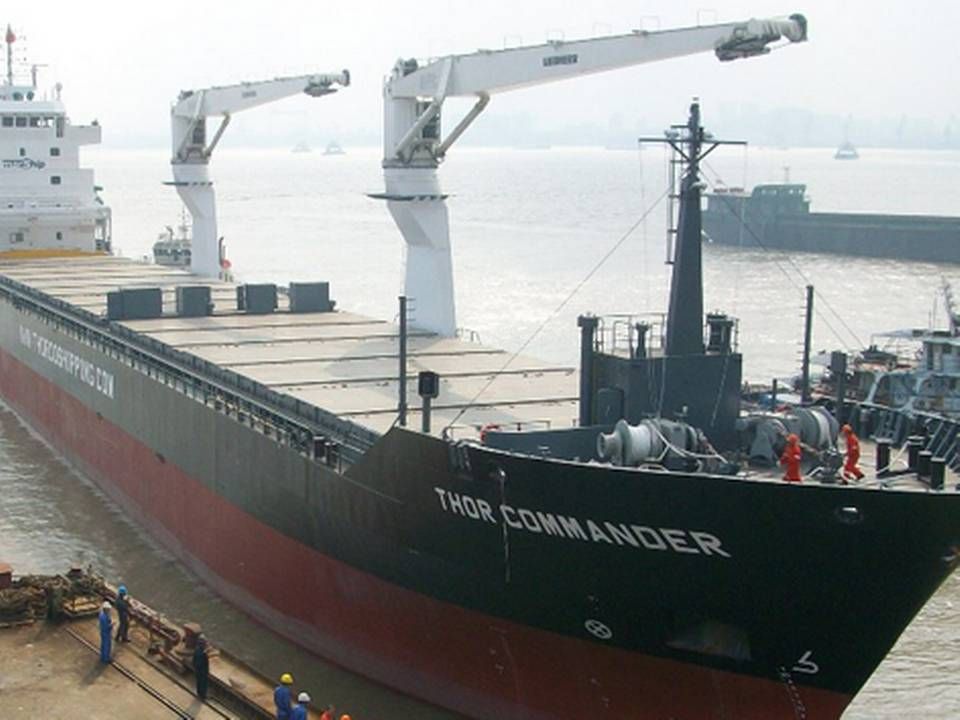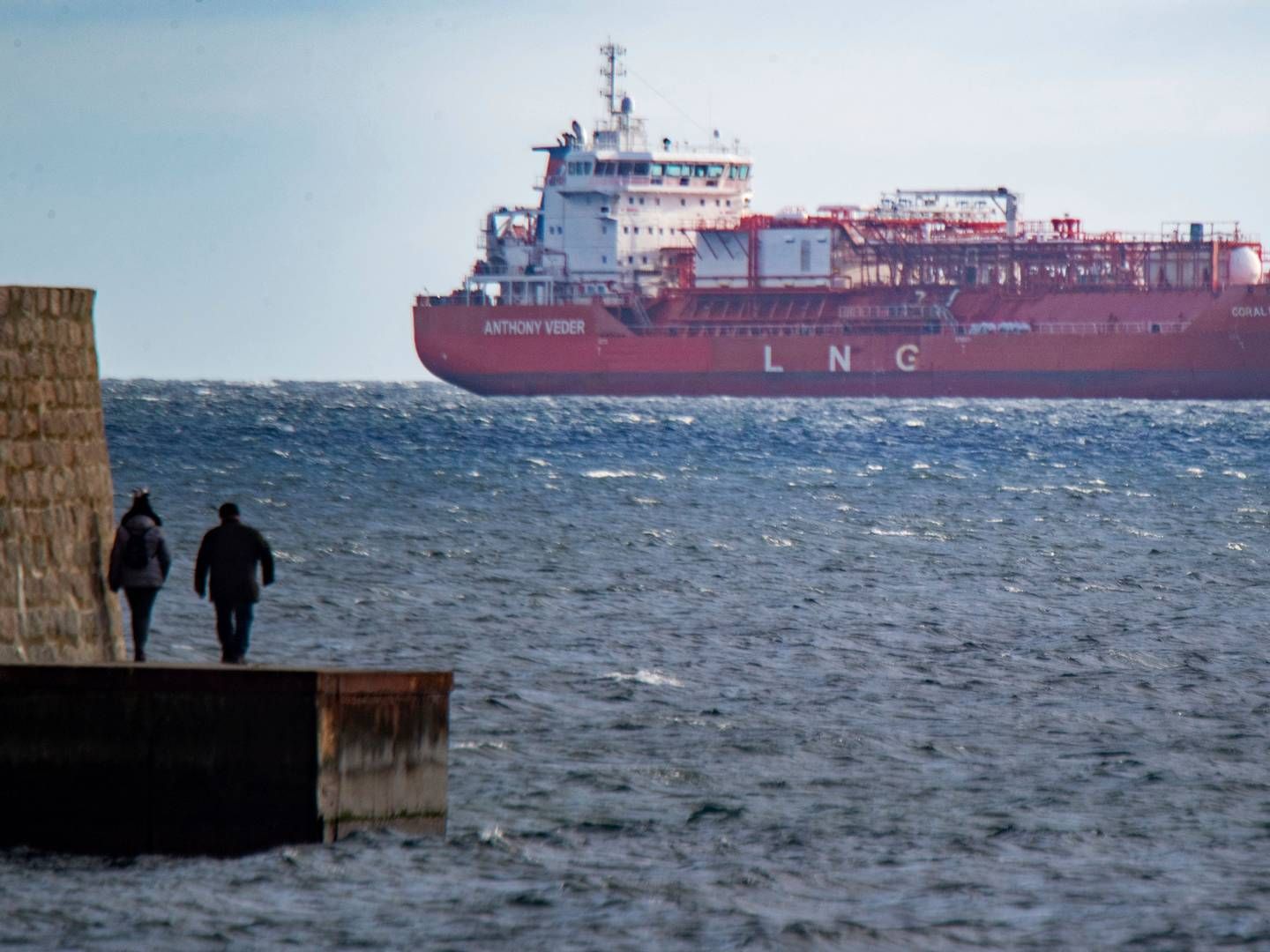BBC Chartering: Multi-purpose off to strong start in 2015

The first months of 2015 brought much needed improvements to the struggling market for multi-purpose and heavy-lift. The market is far more stable this time of year than has otherwise been the case in the past 3-4 years. But the question is how long this will last, says Svend Andersen, CEO of BBC Chartering, which constantly operates a fleet of 140-160 vessels, likely making it the biggest carrier in the segment.
"The volumes have been present, and there are geographical regions such as the Far East and South America that have seen stable developments, while Europe has developed better than I expected. The US has been a tough market, but we do have many ships in that market, one we've historically had a solid presence in with around 300-400 calls annually."
"But if we finish 2015 the way we finished 2014 we'll be pleased," Svend Andersen tells ShippingWatch.
The Houston hub
In 2014, German-based BBC Chartering, headquartered in Leer, increased its presence even further in the carrier's North American hub in Houston, which is considered one of the key global hubs for project cargo, through a new collaboration with Gulfstream Marine and Manchester Terminal.
And BBC Chartering also established a new pool cooperation in the summer 2014 with Briese Schiffahrt (BBC Chartering) and Harren & Partner Combi. The pool, BHS Pool Weser-Ems, operates 23 vessels today, up from around 10 when the pool was launched last summer, while numerous carriers have expressed an interest in joining the collaboration.
The stable developments in the first months of the year, traditionally quiet months due to factors including the Chinese New Year in February and holidays in South America and elsewhere, could turn out to be fragile and at risk of disappearing again.

"I'm sorry to say that I could easily see this happen. We're seeing certain contracts being either canceled or placed on hold. It's incredibly difficult to predict at the moment," says Svend Andersen.
Oil and gas
While the low oil price has reduced bunker costs across the board, for multi-purpose and heavy-lift vessels this development has also resulted in reduced cargo volumes from the oil and gas sector following a severe investment slowdown in the industry.
"I believe that for us the volume of pipes has dropped 30-40 percent in the first three months of the year,"
The multi-purpose market typically competes with other segments including container carriers and dry bulk.
Growth in demand
2013 became the worst year in a long time for the multi-purpose carriers, and even worse than when the shipping recession took its biggest toll in 2009.
A comprehensive analysis of the multi-purpose market, performed by analysts Drewry last year, concluded that demand would grow an average of five percent annually over the next two years, even though the analysis projected moderate growth in 2014 as other segments will continue to conquer market shares.
But from late 2014 and in 2015/2016, things would start to improve for real, according to Susan Oatway, senior consultant at Drewry.
"We're still worried about competition from container carriers, especially for project ships. But the orderbook for multipurpose ships looks reasonable and as long as newbuildings have a special quality - be it eco-friendly engines or extraordinary lifting capacity - there will still be work for them. As such, our expectations should lead to some optimism among the owners of these ships. Demand is expected to keep rising and it could help create significantly higher freight volumes."
BBC Chartering: We all took a hit in 2013
German multipurpose carrier in Chinese agreement
Thorco: Multi-purpose under pressure in 2015
Related articles
BBC Chartering: We all took a hit in 2013
For subscribers
German multipurpose carrier in Chinese agreement
For subscribers
Thorco: Multi-purpose under pressure in 2015
For subscribers






















